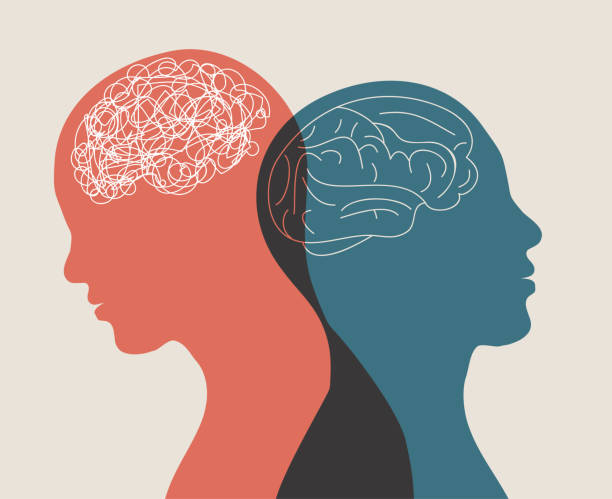- Mental health, Well-being, and coping strategies
- Mental health awareness, Emotional resilience, and self-care practices
-
Introduction:
In the fast-paced and demanding world we inhabit, prioritizing mental health has become more crucial than ever. The pursuit of well-being encompasses a delicate balance between physical and mental health. This article delves into the significance of mental health, offering insights into coping strategies and the importance of fostering emotional resilience.
-
The Importance of Mental Health:
Mental health is an integral component of our overall well-being. It influences how we think, feel, and act, impacting our ability to handle stress, relate to others, and make choices. Despite its significance, mental health often takes a backseat in our daily lives. Addressing mental health is not just about preventing mental illnesses but also about enhancing the quality of life and promoting a positive mindset.

Coping Strategies for Mental Well-Being:
- Mindfulness and meditation:
Engaging in mindfulness practices and meditation can help individuals stay present, reduce stress, and enhance self-awareness. Taking a few minutes each day to focus on the present moment can significantly improve mental well-being.
- Physical Exercise:
Regular physical activity has been linked to improved mood and reduced symptoms of anxiety and depression. Exercise releases endorphins, the body's natural mood elevators, contributing to a more positive mental state.
- Social Connections:
Building and maintaining strong social connections are crucial for mental health. Spending time with friends and family, participating in group activities, or joining clubs can provide a sense of belonging and support.
- Balanced Diet:
Nutrition plays a vital role in mental health. A well-balanced diet that includes essential nutrients supports brain function and contributes to emotional well-being. Omega-3 fatty acids, found in fish and nuts, have been linked to mental health benefits.

- Quality Sleep:
Adequate and restful sleep is essential for cognitive function and emotional resilience. Establishing a consistent sleep routine and creating a comfortable sleep environment can positively impact mental well-being.
-
The Importance of Mental Health Awareness:
Creating awareness about mental health is a crucial step toward dismantling stigma and encouraging open conversations. It is imperative to recognize that mental health is a spectrum and that everyone's experience is unique. Mental health awareness campaigns help destigmatize seeking help, making it more acceptable for individuals to prioritize their mental well-being.
-
Emotional Resilience: A Pillar of Mental Well-being:
Emotional resilience refers to the ability to adapt and bounce back from life's challenges. Developing resilience empowers individuals to navigate stressors with greater ease and maintain mental well-being in the face of adversity. Cultivating emotional resilience involves developing coping mechanisms, fostering a positive mindset, and seeking support when needed.
-
Self-Care Practices:
In the journey toward mental well-being, self-care plays a pivotal role. Self-care involves intentional actions that prioritize one's physical, emotional, and mental health. Whether it's taking a leisurely walk, practicing a hobby, or simply spending quiet time alone, incorporating self-care practices into daily routines contributes to overall mental well-being.
-
Conclusion words:
Prioritizing mental health is not just an individual responsibility; it is a collective commitment to building a society that values well-being.


You must be logged in to post a comment.